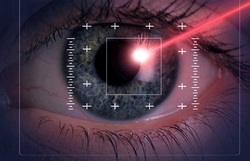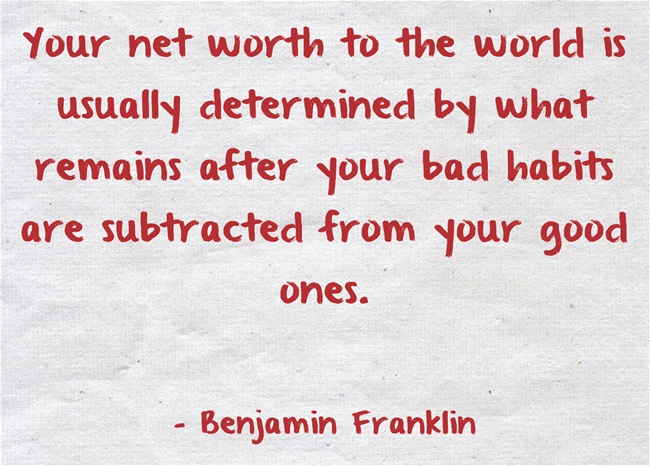
Despite being aware of the old tricks retailers use to sell more goods, the knowledge doesn't stop most buyers. Here are some of the newest tricks.
Instead of constantly tidying items, shop assistants are messing them up to make them appear popular. This works well on the under 21's, who are the most likely to buy on impulse. Hugely influenced by what others are buying and wanting to break free from their parent's influence, the problem for teenagers has a biological as well as social explanation. The part of the brain responsible for impulses doesn't develop until they're over 20 years old.
Unconsciously wary from the constant warnings about the financial situation, people are looking value whilst still want to feel good about what they buy. This has caused problems for supermarkets' value brands because of the stigma attached to them. The stores now blur the variation in quality with different packaging to market the item as a wise choice as well as a cheaper option.
Big data is creating a buzz at the moment. It's the gathering an analysis of data on a huge scale. The information comes from your financial transactions, social media posts, digital photos, mobile phone GPS signals and Google searches to name just a few. Scary.
Certain software programs can gather huge amounts of data about you almost instantly. Age, gender, and what you're looking at. In high-end stores, retail theatre surprises the shoppers with an experience that will make customers will want to return to the store. Digital screens behind display stands are activated when a perfume bottle is picked up. In a matter of seconds, eye-tracking systems fixed into screens gather data so the images can be personalized to a young woman or a middle-aged man for instance, flashing images to seduce them. Thoughts of Big Brother.
I understand that the shop needs to sell its goods, and everyone contributes to the economy by spending their hard-won cash. However, be forewarned before you shop.


 RSS Feed
RSS Feed






